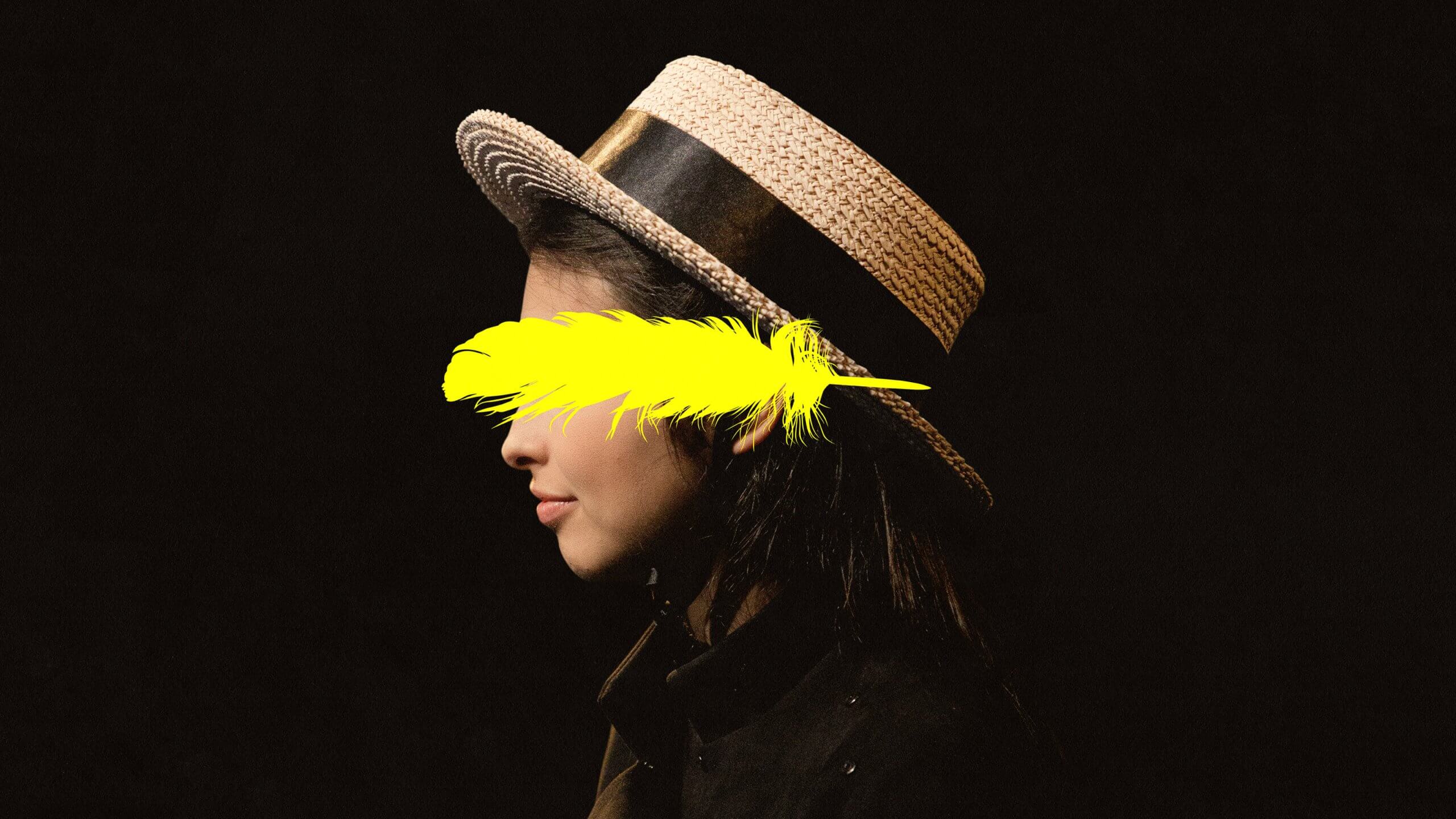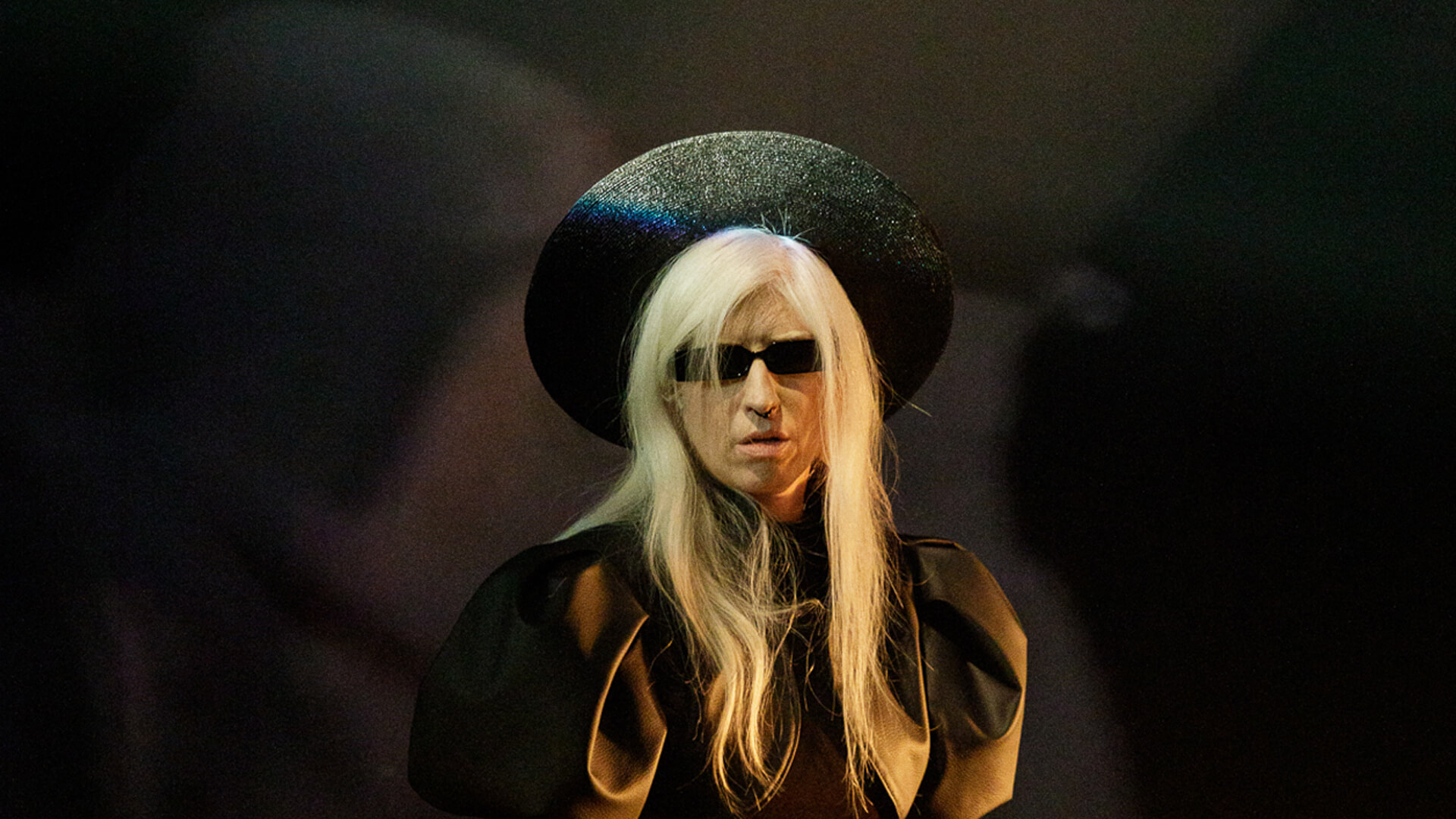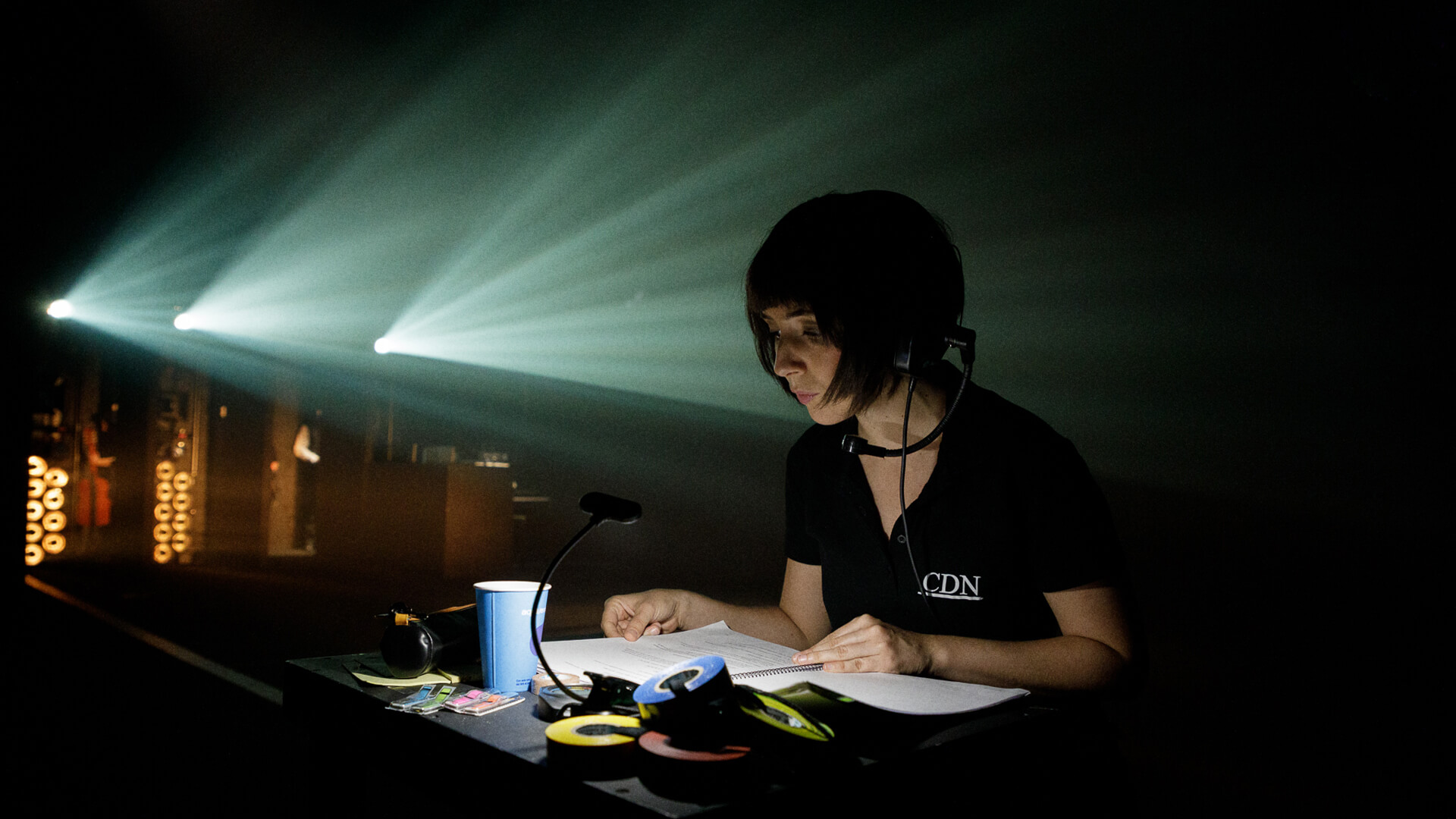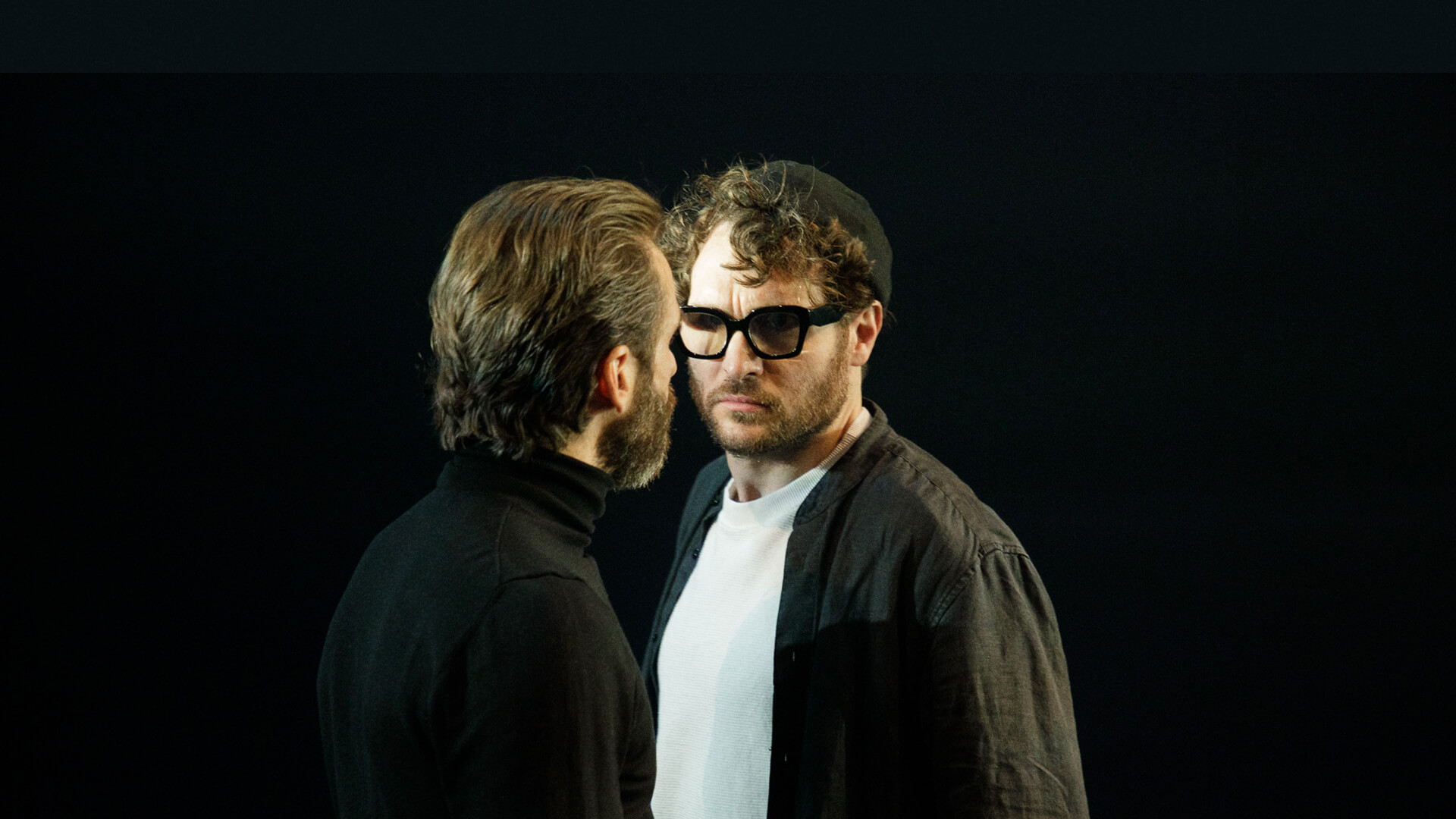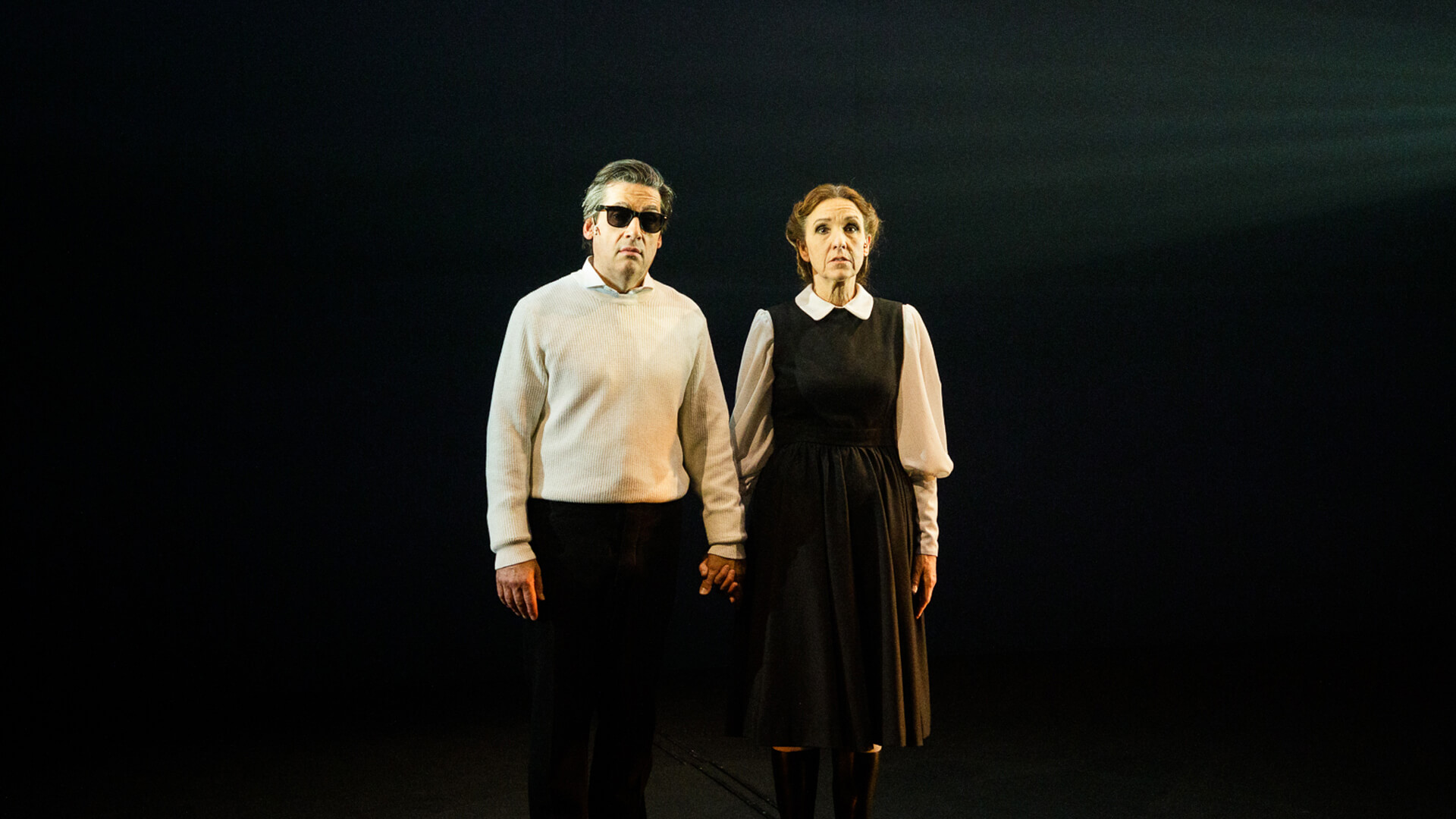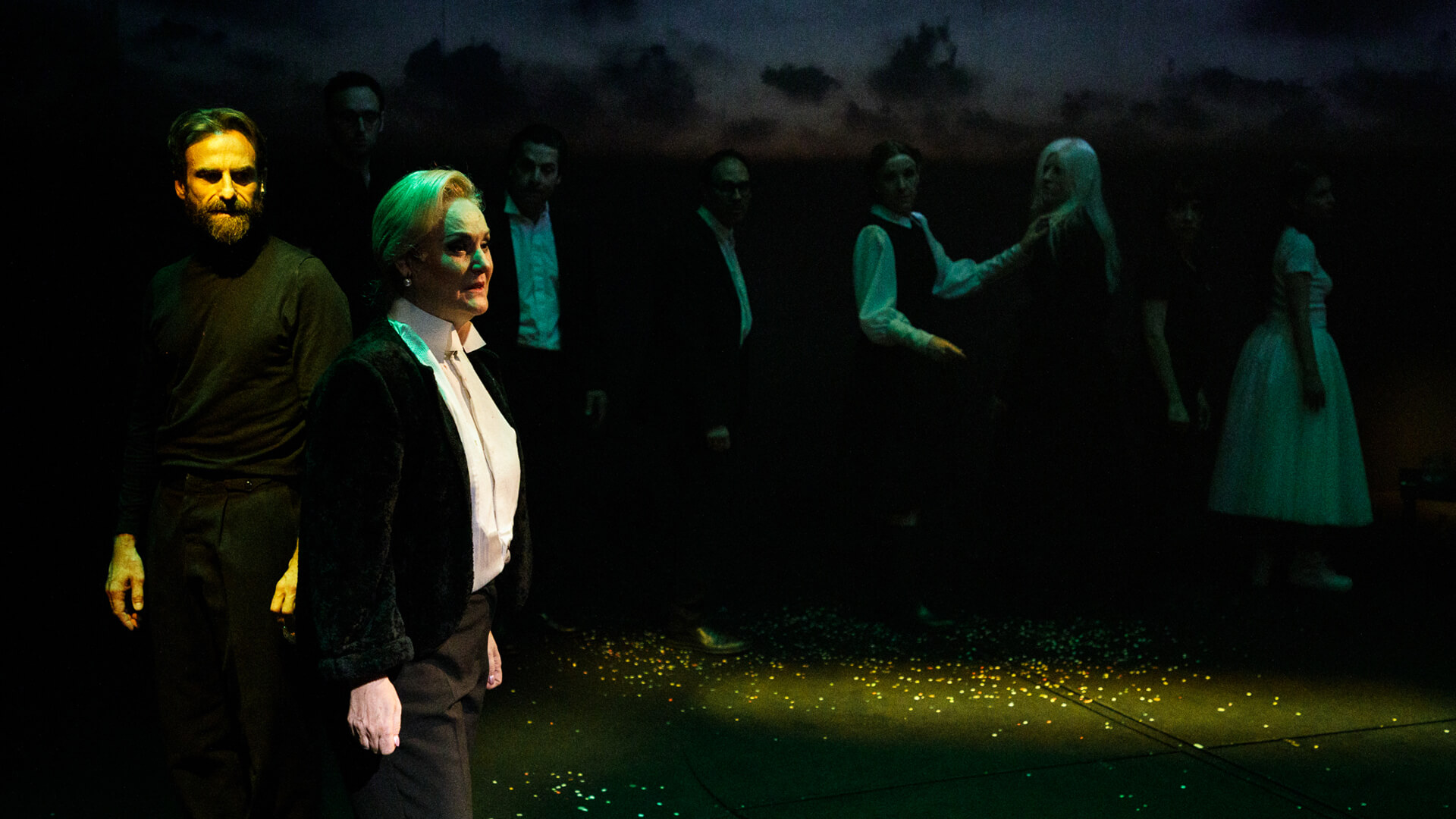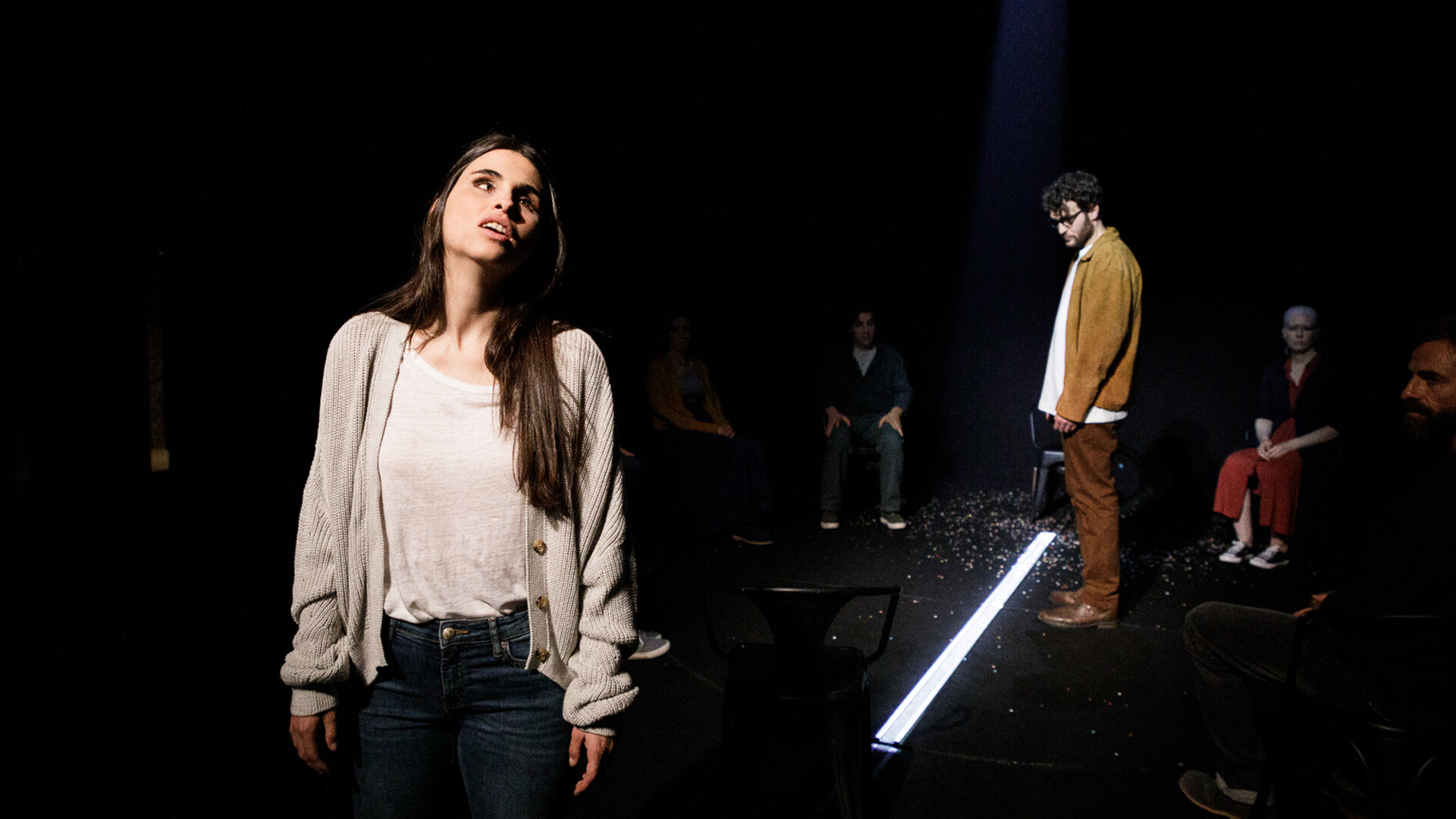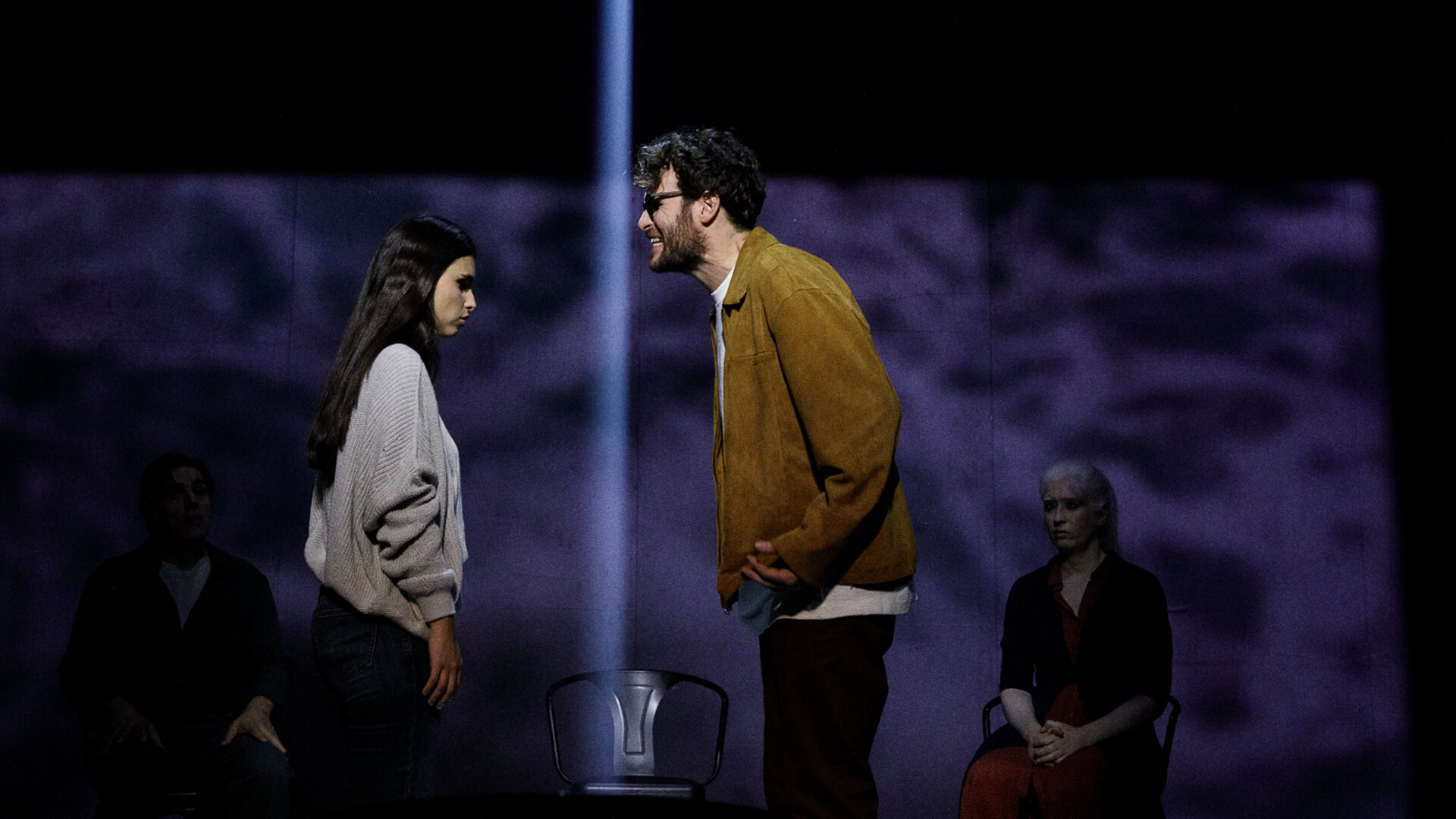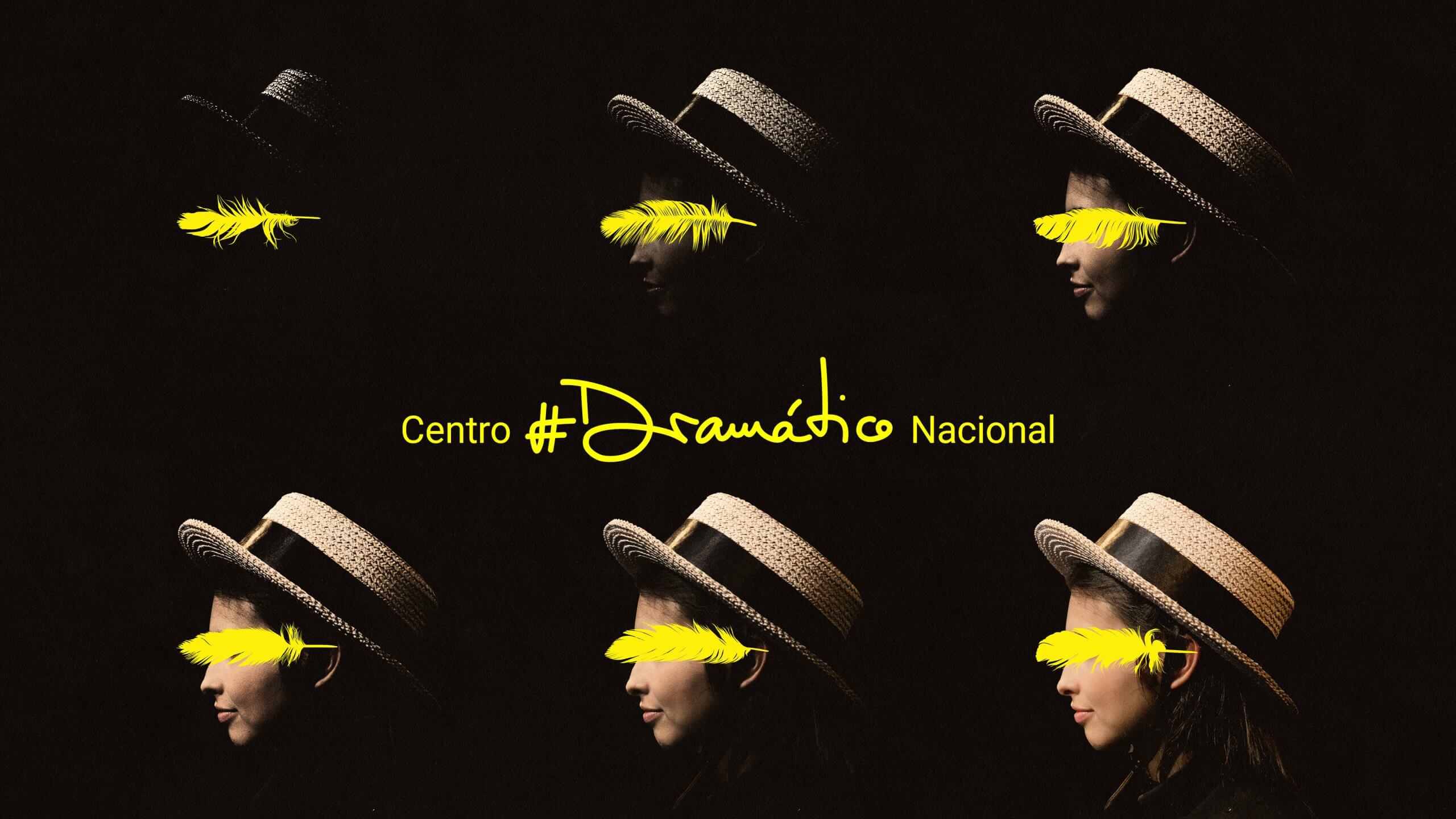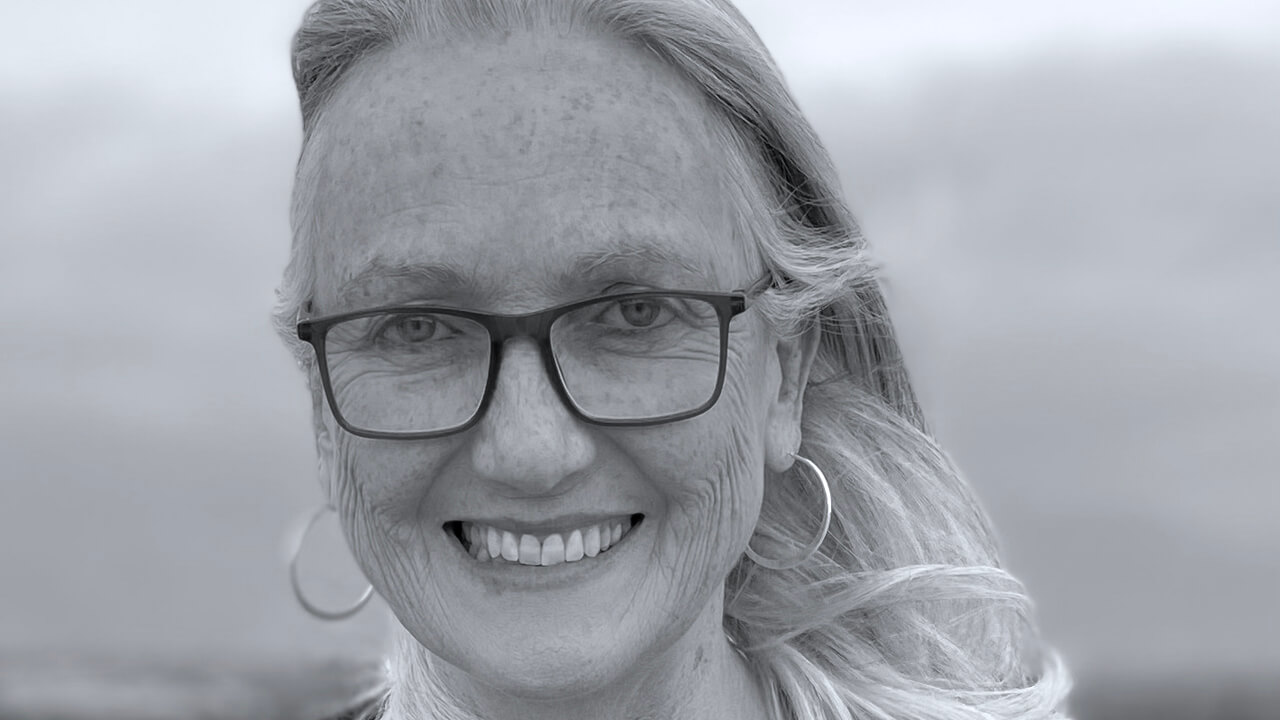Chela de Ferrari
She was born in Lima, Peru. She studied painting at the University of Rio Piedras in Puerto Rico, and theatre at the Club de Teatro in Lima. In Córdoba, Argentina, she directed the Extras Group for five years, staging works by Argentinean authors and group creations. On her return to Peru, she was invited to lead several productions at the Centro Cultural PUCP. She is the founder and director of the Teatro La Plaza in Lima, Peru, a non-profit institution that was founded in 2003.
La Plaza defines itself as a space for theatrical creation that researches and interprets reality to build a critical point of view that dialogues with its community. Through the lens of contemporary perspectives, its programming resorts to both new and classical dramaturgy to craft theatre that denounces, reflects, and preserves memory, where no one feels excluded.
View more
In 2013, she created Sala de Parto, a programme of Teatro La Plaza to stimulate the birth of new Peruvian playwriting that in 10 years has helped to create more than 50 plays by working with local and international partners, such as the Royal Court of London. Recently, the emphasis has shifted to women creators, to guide them in their processes of conceiving new works.
The work La Plaza does is not public, from its research area, together with universities in Great Britain, organisations in Argentina and Colombia and local partners like the University of Medicine Cayetano Heredia. It conducts research on mental health issues in adolescents through theatre.
In 2017, Chela received the distinction of P.M.C (Meritorious Personality in Culture), as recognition for her contribution to the development of culture in Peru.
In recent years, her work as a director and playwright has focused on adapting and directing Shakespeare’s works: Richard III in 2013, Much ado about nothing in 2016, Hamlet in 2019, and in close creative collaboration with Peruvian playwright Luis Alberto León, she has directed a trilogy that deals with three moments of extreme violence that left an indelible mark in Peru’s history: La cautiva in 2014, Savia in 2017 and La Barragana in 2023. Hamlet has been presented in more than 25 cities in Europe and Latin America and at festivals such as the Fall Festival in Paris, El Grec Festival in Barcelona, Fitei in Portugal, the Adelante Festival in Germany, Santiago a Mil in Chile, the Mirada Festival in Curitiba, Brazil, and others. In 2024, it will tour Asia and Europe, including the Edinburgh Festival.
In July 2024, an adaptation of The Seagull, written and directed by her and based on the play by Chekhov, will premiere at the Festival d’Avignon, featuring a cast of visually impaired actors and actresses. It is a production of the Centro Dramático Nacional de España and the Festival d’Avignon.
In 2025, she will present her first film: Ser Hamlet, which tells the creative process of eight actors and actresses with Down syndrome rehearsing Hamlet.
It is currently in the editing phase.


